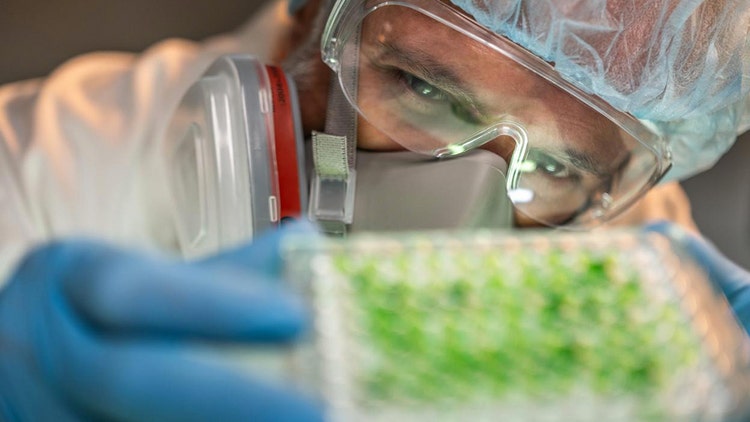Early discovery research in the life sciences is critical to understanding disease states and discovering new therapeutics. Across modalities, laboratories engaged in early research and discovery must find promising therapeutics to progress as quickly as possible. While doing so, they must also meet defined quality and safety benchmarks. The assays developed for evaluating the efficacy of identified candidates following target identification must be reliable and executed day and night. The quality of reagents and other consumables also has a crucial impact on the quality of early discovery research outcomes. Without consistently high-quality consumables, therapeutics with potential viability may never be discovered in the first place.
Antibodies are a vital component in life sciences research. Antibodies for life sciences research are typically produced in cell lines and can be of variable quality due to differences in culture conditions or host mutations. Antibodies with high binding specificity may require validation following receipt to confirm consistency across batches. Antibodies produced in vitro, such as those from the Abcam recombinant antibody portfolio offer minimal batch-to-batch variation and defined encoding sequences, allowing further engineering and manipulation for their intended use. Recombinant antibodies such as these offer excellent sensitivity, specificity and reproducibility.
Gene sequencing and genome annotation are crucial data readouts during drug discovery. Next-generation sequencing requires consistency across library preparation to ensure that no critical genetic information is overlooked. The creation of libraries is a crucial component of next-generation sequencing workflows but can be hampered by inconsistencies due to contamination or the selection of incorrectly sized oligonucleotide fragments for specific protocols. Using reagents that can facilitate efficient reagent-based removal of contaminants and greater consistency in size selection during library preparation can ensure consistency and prevent variations in sequencing data. Relying on reagents for cleanup and size selection is scalable and does not require any specialized equipment, such as gels or benchtop instruments. Flexibility and control over the size selection of oligonucleotide fragments minimize lot-to-lot variance and helps to filter out DNA fragments that are not required or will produce off-target amplifications.
By emphasizing reagents and consumables that have robust quality control, researchers can strengthen the reliability and efficiency of discovery pipelines, paving the way for more impactful scientific breakthroughs. At the Life Sciences companies of Danaher, we are committed to expediting biotherapeutic research while maintaining quality and safety. To learn more about our offerings or explore ways of partnering with us, contact an expert at the Life Sciences companies of Danaher today.
Optimizing quality control and reagent choice to increase the robustness of discovery research
